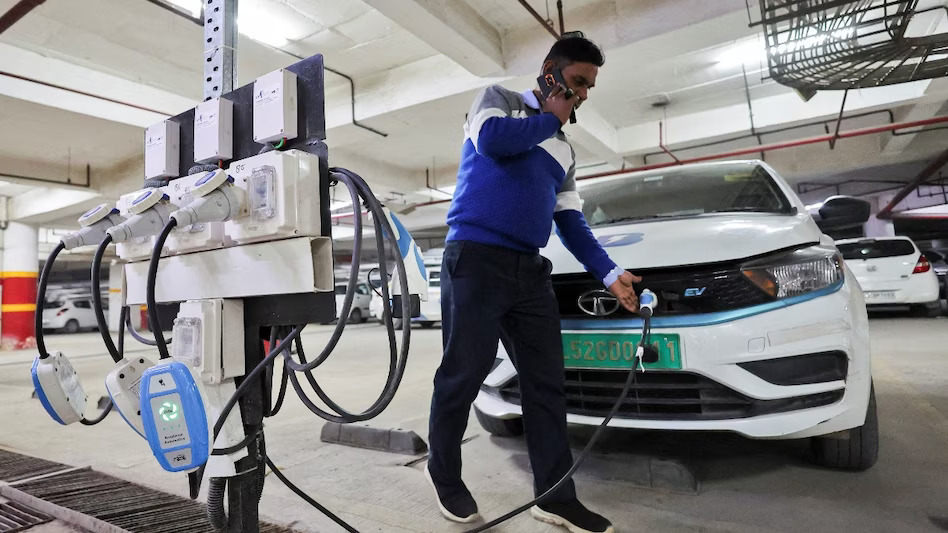As FM Nirmala Sitharaman stated in her Interim Budget Speech, the federal government will undoubtedly broaden and improve the EV eco-system by supporting production and charging facilities. She also mentioned that this support would create entrepreneurial opportunities for a variety of vendors who will be able to produce and supply these EV charger terminals.The finance minister said, “The government will definitely advertise better fostering e-buses. Payment safety mechanisms will also be encouraged.” This will provide employment for youths and equip them with the technical skills needed to manufacture, install and maintain these EV charging terminals.
The goal is to encourage the widespread adoption of electric buses. A repayment safety and security system will be used to boost driver confidence. In line with the vision of Head of State Narendra Modi of carbon neutrality by 2070 the government is committed to advertising clean and environmentally-friendly vehicles. This reflects a commitment to cleaner and greener cars for the electric car industry,” stated the Ministry of Heavy Industries in their statement.According to Krishan Chum, Minister of State for Heavy Industries and Ministry of Power, India actually has installed 8,738 public electric car charging stations since June 30, 2023.According to Confederation of Indian Industry, India may need as many as 1,32 million charging stations to meet the growing demand for electric vehicles by 2030. By that time, 106 million EVs are expected to be sold annually. The current price of EV charging terminals is below the required rate of electrification.Sector experts urged the Interim Spending plan 2024 to focus on the decentralized clean power possibilities. This includes EV billing and inclusivity of homes, SMEs and youth. However, there were concerns raised about the limited coverage the spending plan had of the challenges facing the electric two- and three wheeler industry.Anvesha Takker, Partner Business Consulting, National Industry Lead, Tidy Power at KPMG India, stated, “The budget has a strong emphasis on decentralized opportunities such as solar rooftops and EV chargers, aiming to create an action change in the field, with a hidden style of including households, SMEs and young people in power transition options.” In addition to providing support for production and billing for EVs this is likely to create entrepreneurship opportunities for many suppliers in the supply and installation of EVs as well as job opportunities for young people who have technical skills in manufacturing and maintenance.We acknowledge the efforts to strengthen the e-vehicle industry, but we also stress the importance of resolving certain elements that have been left unresolved. We advocate for a comprehensive approach that goes beyond subsidies for electric 2- and 3-wheelers. We recommend a closer look at problems such as high GST rates and the lack of affordable financing for EV frameworks, including Battery as a Service centers and billing terminals. This aspect of FAME-III was not resolved, Varun Goenka Founder & CEO Chargeup.Akshit Bansal (CEO & Owner of Statiq) stated, “The switch of public transportation to electric cars, especially buses, highlights a proactive stance in the pursuit of ecological sustainability and reducing reliance on fossil-fuels. It is worth mentioning that the repayment protection system has been designed to encourage the adoption of ebuses in public transportation networks. This effort is not only a step in the right direction towards cleaner transport, but also ensures the accessibility and reliability of EV billing systems for public use.”Interim Budget 2024: Plans to boost EV ecosystem with a focus on manufacturing, charging, and e-bus adoption

